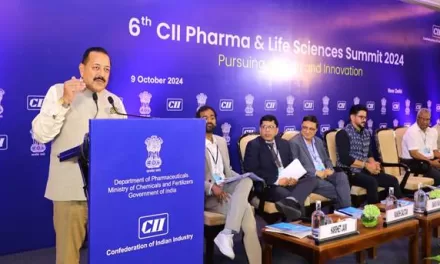In a significant development in the field of interventional cardiology, the U.S. Food and Drug Administration (FDA) granted approval on Thursday to Boston Scientific Corporation’s premarket application for the AGENT Paclitaxel-Coated Balloon Catheter (AGENT DCB). This pioneering drug-coated balloon, designated as a breakthrough device, marks a breakthrough in coronary artery disease treatment.
The AGENT DCB is specifically designed for use in adult patients undergoing percutaneous coronary intervention (PCI) to address in-stent restenosis—a condition where a previously treated artery, usually with a stent, becomes diseased again, leading to restricted blood flow. This innovative catheter aims to enhance myocardial perfusion by opening the diseased artery and restoring normal blood flow.
The catheter, typically inserted through the femoral artery in the thigh, is skillfully guided by physicians to the targeted coronary artery and lesion. Upon deployment, it not only mechanically opens the obstructed artery but also delivers the drug Paclitaxel directly to the site. Paclitaxel has been shown to help prevent the recurrence of restenosis by inhibiting cell proliferation within the artery walls.
Dr. Sarah Johnson, a cardiologist at Johns Hopkins Hospital, expressed enthusiasm about the FDA approval, stating, “The AGENT DCB represents a significant advancement in the treatment of in-stent restenosis, a challenging condition that can lead to recurrent symptoms and complications for patients who have previously undergone coronary artery interventions.”
Boston Scientific Corporation’s innovative technology offers a promising solution for patients with in-stent restenosis, addressing a critical unmet need in coronary artery disease management. The approval of AGENT DCB underscores the FDA’s commitment to accelerating the development and availability of breakthrough medical devices that improve patient outcomes.
The AGENT DCB is expected to revolutionize coronary artery disease treatment strategies, offering clinicians a safe and effective option to improve myocardial perfusion and reduce the risk of recurrent restenosis in adult patients undergoing PCI.
As the medical community celebrates this milestone, further clinical studies and real-world experiences are anticipated to provide additional insights into the long-term efficacy and safety of the AGENT Paclitaxel-Coated Balloon Catheter, reaffirming its role as a game-changer in interventional cardiology.











